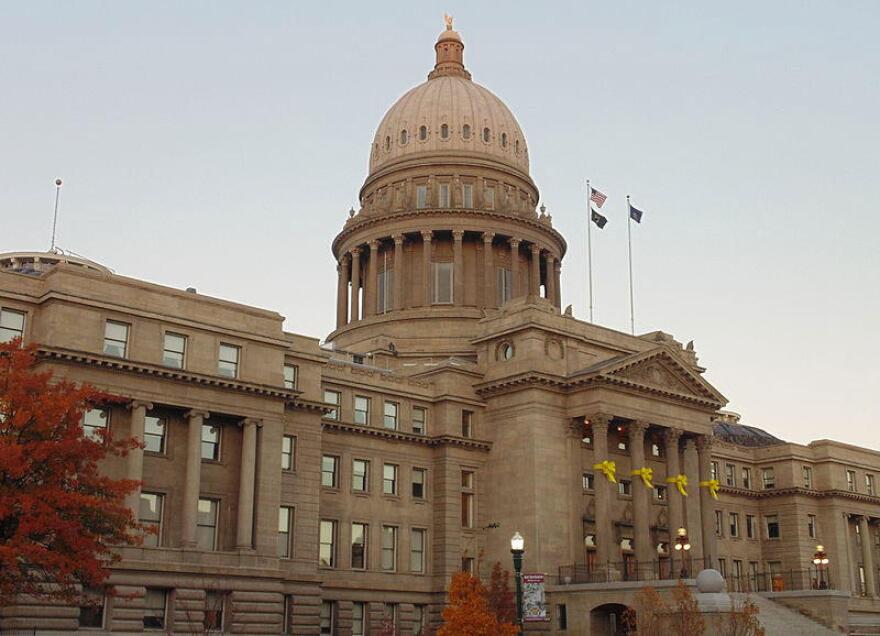Idaho lawmakers are proposing a tax system overhaul. In part, they want to make the state more competitive with Oregon and Washington.
Idaho state Rep. Mike Moyle said charging shoppers sales tax on groceries has long been considered unfair.
“That’s why all the other states are exempting it,” he said. “That’s why the people in my neck of the woods drive to Oregon.”
Oregon has no sales tax. Washington exempts groceries. And so would Idaho under Moyle’s proposal.
The plan also aims to move Idaho closer to a flat income tax rate of 6.7 percent. It would lower taxes for wealthy Idahoans, and raise taxes for some middle-income earners. It doesn’t change the rates in the lowest income tax brackets.
Democratic Rep. Mat Erpelding said the proposal would ultimately reduce the amount the state collects for things like education. And he says that’s a problem.
“I’m trying to understand how we can do it all with cuts like this,” Erpelding said.
One tax would go up for the first time in two decades: gas. Seven more cents per gallon would raise about $65 million a year for highways.
Transportation officials there’s a $262 million annual maintenance backlog that threatens Idaho roads and bridges. The legislature’s Republican leaders made transportation infrastructure a top priority this session, but lawmakers have been resistant to raising taxes to pay for it.
“When I came here this session one of the things I told myself is I wasn’t going to vote for tax increases,” Republican Rep. Ronald Nate said. “We finally came up with a bill that, despite the promise I made to myself, I think I can live with.”
The proposal to overhaul Idaho’s tax structure passed the House Revenue and Taxation Committee on a party-line vote.
An analysis by the Idaho Center for Fiscal Policy found the bill would, on average, increase taxes for people in the bottom 80 percent of the state’s income distribution. One reason is that the proposal would eliminate a tax credit the state now offers for groceries. The analysis says that credit is a bigger benefit to low-income shoppers than the sales tax exemption for food would be.
Anti-poverty groups, including Catholic Charities of Idaho and the Idaho Interfaith Roundtable Against Hunger, spoke against the bill.
The proposal is headed to the House floor.

